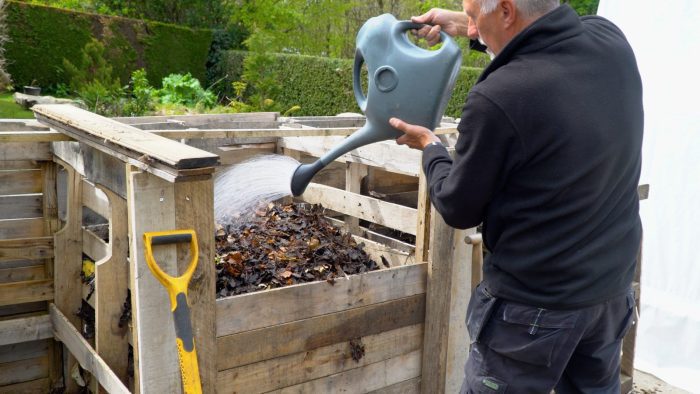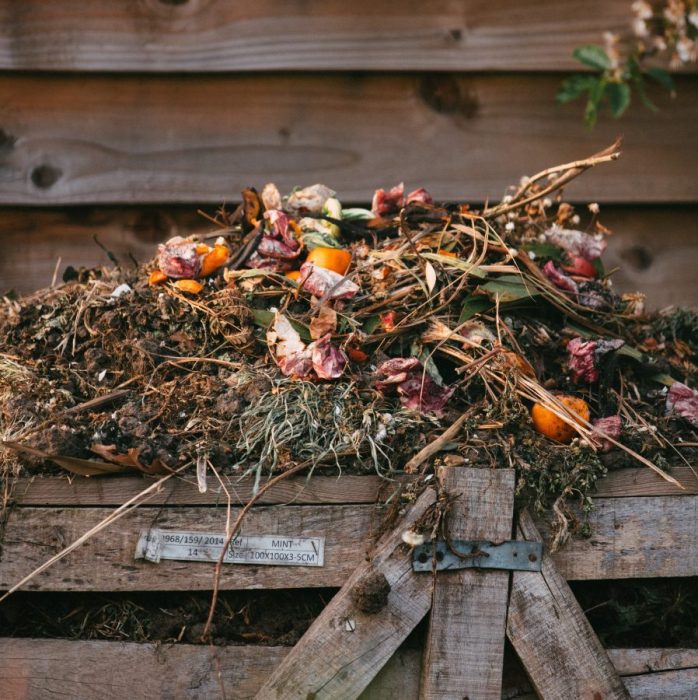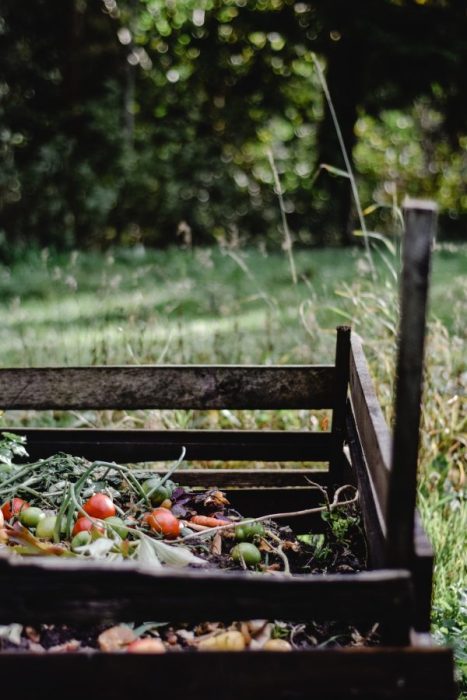We are always hearing stories about the poor quality of shop-bought compost, complaints about how difficult it is to make decent stuff yourself. Unfortunately, the quality of shop-bought has undoubtedly dropped in recent years due to competitive pricing strategies driving down quality. Creating compost is not a process that should be rushed or made to half measures.
However, rather than to share a ‘how-to’ guide about making one, we thought we’d show you one we highly recommend. We suggest this in-depth beginner’s composting guide by thedailygardener, which covers everything to help you achieve the perfect compost pile.
In the meantime, this blog will cover how to solve your common problems…
Your Compost is Too Wet
Compost can get too wet for multiple reasons, rainfall, not enough aeration, and lacking nitrogen-rich ingredients among other things. The problem with wet, dense and damp compost is that it prohibits aeration and consequently oxygen supply to the bacteria. Bacteria effectively breaks down waste materials to produce quality compost.
How to fix
Place a tarpaulin loosely over the top to stop any more rainfall getting in. Move the compost around using a pitchfork thoroughly (every 2 weeks). Add nitrogen-rich ingredients. Add ‘browns’ – carbon-rich materials.

Your Compost is Too Dry
Obviously, this happens when there isn’t enough moisture, if you live in a dry climate or there hasn’t been any rainfall. Even though we just said too much moisture prohibits oxygen supply to bacteria, the lack of it also is a problem because there’s isn’t enough to support the survival of bacteria within the compost.
How to fix
Water it and turn it regularly. Leave uncovered.

Your Compost Has a Bad Smell
Reasons why compost may produce a foul smell – too wet, too many greens, too much meat or dairy. The main thing to understand that smelly compost means that there is an imbalance in the composition of materials within the compost and it probably isn’t breaking down properly.
How to fix
Cut materials finely before putting in – smaller materials are less likely to smell. Turn it regularly – again turning it regularly will keep the smell away. Keep a better mix of greens and browns – there’s plenty of advice on the internet about how to get the perfect mix greens and browns.

To speed up the process of decomposition in your compost, why not use compost accelerator.

 Call us on 01246 240880
Call us on 01246 240880 Free 48hr Delivery
Free 48hr Delivery Sign-up and receive 10% off
Sign-up and receive 10% off